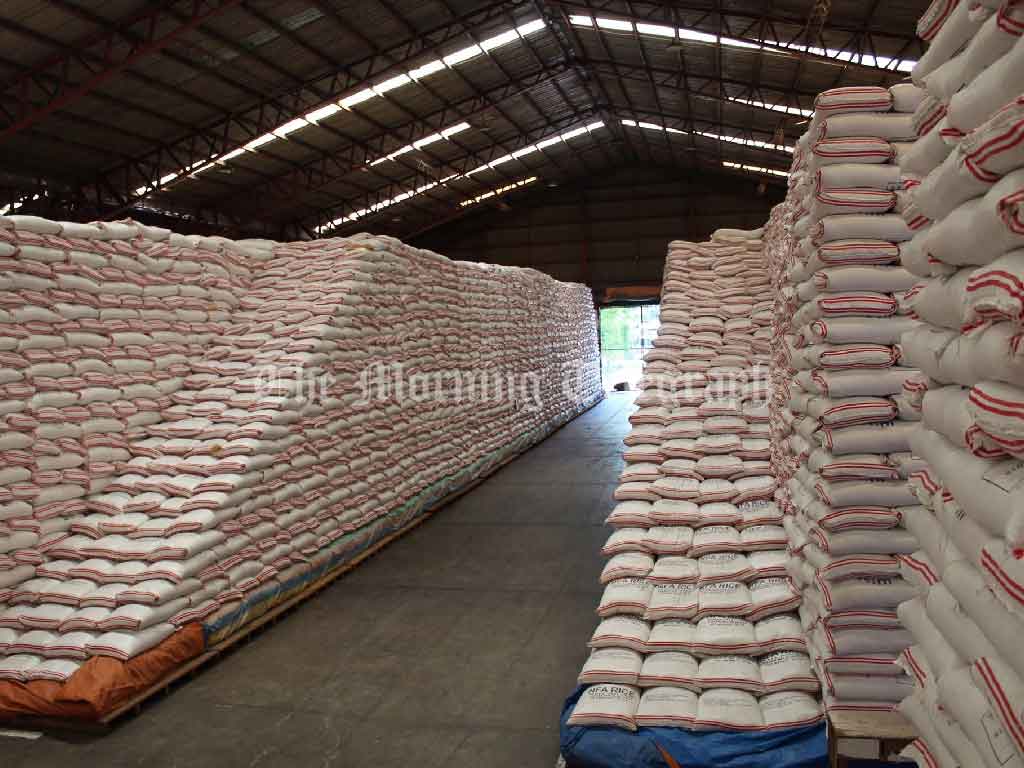
The Consumer Affairs Authority (CAA) has been unable to uncover any hidden rice stocks during its ongoing investigations into rice mill operations across the country, despite growing concerns over price hikes and possible stockpiling by large mills. Acting Director General Thilakaratne Bandara revealed that the CAA has been conducting regular inspections since October 2024, following a significant increase in rice prices toward the end of the year. These price hikes raised suspicions that mill owners might be hoarding rice to manipulate market prices.
According to Bandara, the CAA began submitting detailed reports about the rice supply chain to the Ministry of Consumer Affairs and the Presidential Secretariat starting in early November. Since then, inspections and stock verifications have been carried out across various large-scale mills. Despite the increased scrutiny, no substantial hidden rice stockpiles have been found.
“Although there have been complaints and rumors of hidden stocks, our investigations have not found any evidence of significant stockpiling,” Bandara explained. He noted that the daily rice production of mills typically ranges from 400,000 to 500,000 kilograms, and that mills generally maintain stockpiles of paddy to meet their production needs for up to a month.
The CAA has also been actively monitoring the situation, submitting bi-weekly updates and reports to the relevant authorities, but the search for hidden rice stocks has largely yielded no results. Bandara expressed concern about the effectiveness of their investigations, stating, “Some mills need substantial amounts of paddy to maintain operations for several weeks, and beyond that, we have not found any unnecessary or undisclosed stocks.”
However, some critics have raised doubts about the efficacy of the CAA’s inspection process. They argue that the large rice mill operators may have the means to influence inspectors, undermining the integrity of the investigations. “The issue lies in the possibility that the businesses in question may be able to influence the actions of the officers, including their salaries, making the inspections a potentially futile exercise,” said one industry source.
As the rice shortage and price hike issue persists, the CAA’s investigations are expected to continue. The government is under increasing pressure to regulate the rice industry and address the concerns of consumers who are feeling the effects of rising food prices. Meanwhile, the CAA continues to receive periodic complaints about possible hoarding, but without concrete evidence, the authority is limited in its ability to take further action.




